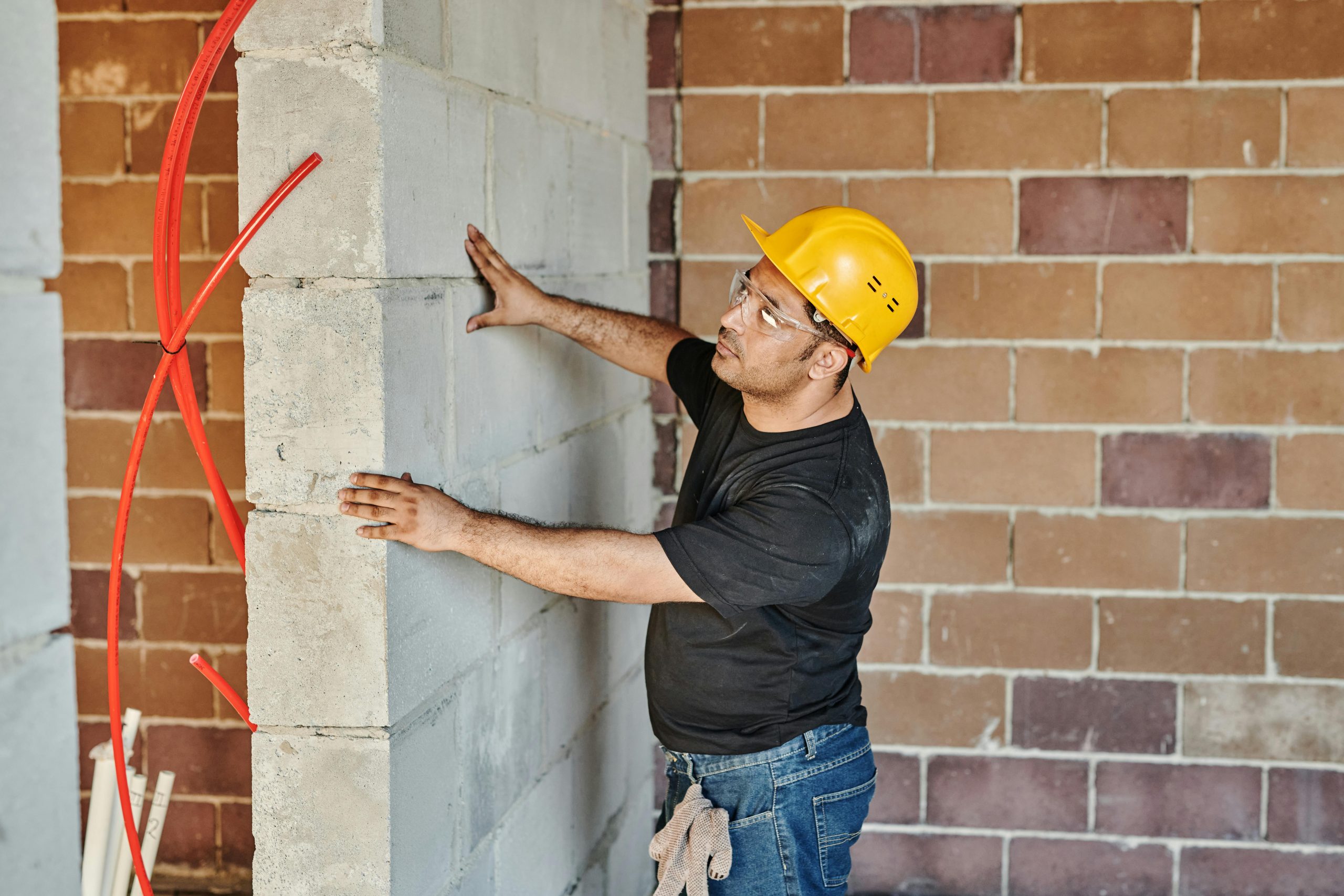1. Know Your Market
Location, location, location is still relevant when it comes to property development and homebuying. Your new home’s location will play an integral part in its value and choosing wisely will increase its lasting worth over time.
Know Your Market Requires Conducting Thorough Research […] Conducting market research requires conducting various forms of business analysis such as SWOT and PEST analyses as well as conduct win/loss interviews (a type of mystery shopping conducted on customers who decided against purchasing your product or service).
By researching your market and selecting appropriate professionals, you can ensure your success as a property developer. By keeping these tips in mind when embarking on this exciting and challenging venture, your reward will certainly make the effort worth your while – from enjoying an ideal new home to reaping financial benefits for years to come! Get Your Special Report Now!
2. Know Your Competition
Home building can be highly competitive, and knowing your competitors’ strengths and weaknesses is essential for staying ahead. Understanding their differences from you can help identify ways of distinguishing yourself, leading to increased profitability – this may involve pricing strategies, negotiating better contracts with suppliers/contractors/subcontractors or offering attractive incentives to draw in customers.
Successful home development takes an immense amount of knowledge and the ability to keep tabs on every detail – from design plans and budgetary constraints, through construction schedules and progress reports, right down to project management apps or software that help manage deadlines and keep everyone on task. Get the 10-Secrets Report delivered right now!
3. Know Your Budget
Budget planning is crucial when building a new home; without it, projects could quickly balloon beyond expectations and cause stress overruns. By beginning early with planning, however, budget overruns may be avoided with proper preparation.
Beginning your budget can start as easily as asking yourself how much you wish to spend on a new home. From there, you can research square foot costs in your region before adapting house plans accordingly to meet spending limits.
Spend some time tracking expenses regularly throughout the building process. Doing this allows you to identify any expense overruns early, so that they can be addressed before it becomes too costly. Software like expense-tracking apps is ideal, while spreadsheets or notebooks may also work effectively.
4. Know Your Timeline
Homebuilding involves many unknowns and timelines can become compromised due to weather or labor/supply shortages. An accurate construction timeline can keep everyone on the team up-to-date on what needs to be accomplished when and who should do it.
Utilizing a task manager such as Motion allows you to easily set multiple deadlines and assign them to specific people. Once added, its intelligent calendar will then schedule them based on priority for all team members involved.
Understanding the typical timeline for new development projects is vital in landing contracts and giving clients an accurate assessment of when construction will start and finish. Furthermore, knowing this helps plan out resources more effectively while managing budget constraints more easily.
5. Know Your Team
No matter if you are working with existing team members or creating a new one, it’s essential that you spend enough time getting to know every individual on your team. This involves understanding their individual strengths, passions and weaknesses as well as learning how each responds to feedback; for instance some employees prefer things to be soft-pedaled while others require an honest discussion.
Establishing trust among your team members can make an enormous difference in both productivity and job satisfaction. One easy way is to start meetings with a show and tell icebreaker, which works well both remotely and face-to-face teams. Simply ask each member of your team to select an object in the room and tell the group about it. It can be loads of fun while also helping foster bonds among your group members!
6. Know Your Contracts

Residential construction as stated in Roj.house site can be both lucrative and complex. Understanding all the various contract options available to you and selecting the one most suited to your project can ensure its success. For instance, having a force majeure clause can protect you from failing to fulfill a contractual obligation due to circumstances beyond your control; while including a dispute resolution mechanism can help lessen disagreements between parties involved. Creating clear and precise agreements is integral part of any development project.
7. Know Your Subcontractors
Subcontractors account for three-fourths of the overall costs associated with any project, so it is critical that you get to know them well – their abilities, scheduling constraints and communication practices and procedures must all be well understood in order to select suitable subcontractors.
Evaluating their history and performance is also key, which can be done by calling references and visiting projects in progress. Furthermore, taking a close look at similar work samples, safety records, and competency certifications could prove helpful in making an informed decision.
Providing subcontractors with this vetting process shows them you are organized and serious about doing business, while helping prevent costly errors that lead to delays and cost overruns. Furthermore, consistent communication makes keeping up with changes in timelines and expectations easier – particularly important given today’s labor shortage situation.
8. Know Your Site
At home development, understanding your site is paramount. Doing so allows you to tailor marketing and service offerings specifically tailored towards meeting the needs of your target audience, which in turn converts more prospects into satisfied clients. Furthermore, understanding it enables you to identify any functional issues which might be hindering website performance – like broken links or loading issues that might require fixing immediately.
When developing townhouses in sunny areas, you must account for how the orientation of their sites affects design plans. I have witnessed inexperienced property developers make mistakes like this without considering site orientation when creating plans – this led to shadowy rooms being left vacant after sale – however this issue can easily be avoided with proper planning and research; detachment from detail also plays a vital role.
9. Know Your Marketing Strategy
Home builders need to use various marketing strategies – digital and traditional – in order to remain competitive and attract new clients, including increasing brand recognition, driving leads and increasing sales.
Digital marketing strategies provide essential data that enable home builders to measure their progress and make necessary adjustments as necessary. Furthermore, tools like content marketing and social media help foster engagement with prospective home buyers.
Marketing materials such as brochures, 3D virtual tours, floor plans and social media posts of model homes can showcase the quality of your work to potential new prospects and draw them in. Social media posts showing photos or videos from model homes also help spread the word, while billboards along heavily traveled roads can serve as effective traditional advertising vehicles when combined with testimonials from past customers; such highly targeted messages help convert prospects to customers while building loyalty among fans of your brand.
